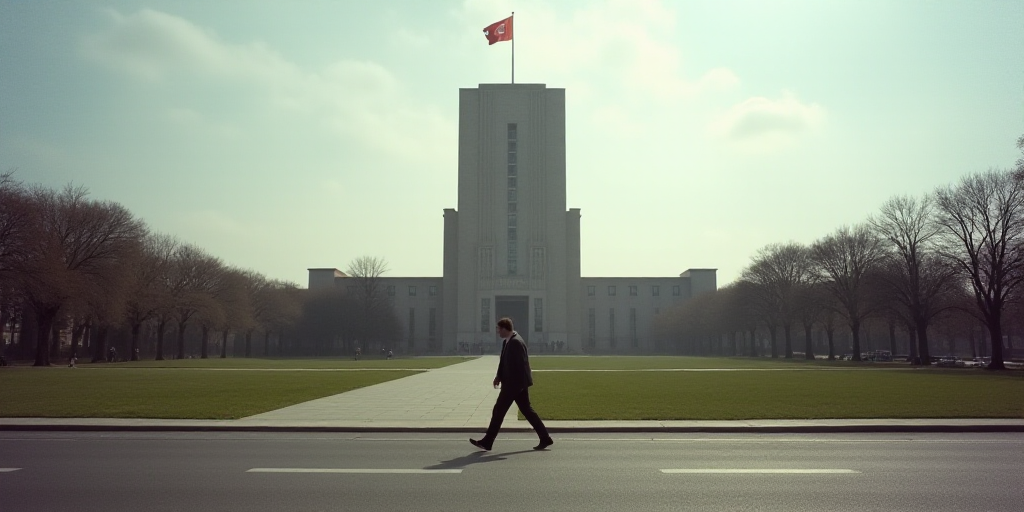Background on Russia’s Central Bank and Its Recent Actions
The Central Bank of Russia has gradually reduced its key interest rate from a peak of 21% – the highest in two decades – amid growing concerns about an economic slowdown following excessive spending on the military campaign against Ukraine.
Economic Slowdown and Inflation Concerns
Russia’s economy is rapidly decelerating, raising warnings that it may be heading towards a recession or stagnation after two years of robust growth, during which Moscow increased military spending to finance its campaign.
Elvira Nabiullina, the Central Bank’s governor, acknowledged this slowdown when she announced a reduction in financing costs from 18% to 17%. The bank expects the economy to grow only 1.0% in 2025, down from over 4.0% the previous year.
Government Spending and Inflation
Since the start of the Ukraine offensive, Russia’s government spending has increased by more than two-thirds. Military expenditure now accounts for nearly 9.0% of the country’s Gross Domestic Product (GDP), according to President Vladimir Putin.
This heavy spending has helped Moscow avoid predictions that Western sanctions would cripple its economy, but it has also led to a surge in inflation.
Central Bank’s Interest Rate Cuts and Inflation
The Central Bank has been systematically cutting interest rates since reaching 21%, the highest in two decades. However, inflation remains above 8.0%, more than double the official government target, and the bank has warned that price increases may persist in the coming months.
The bank specifically highlighted concerns over rising gasoline prices, a result of Ukrainian attacks on Russian refineries.
Business Pressure and Future Outlook
For months, businesses have been urging the Central Bank to lower interest rates, arguing that they are hindering economic growth and discouraging investment.
Key Questions and Answers
- What is the main concern driving the Central Bank’s recent actions? The primary concern is an economic slowdown and rising inflation following excessive military spending in the conflict with Ukraine.
- What has been the impact of increased government spending on the Russian economy? While it helped avoid predicted economic collapse due to Western sanctions, the spending has contributed significantly to inflation.
- Why is the Central Bank cutting interest rates? Businesses have been pressuring the bank to lower rates, arguing that high-interest rates are stifling economic growth and investment.
- What factors are contributing to the persistent high inflation in Russia? Factors include rising gasoline prices due to Ukrainian attacks on Russian refineries and general economic pressures from increased government spending.






